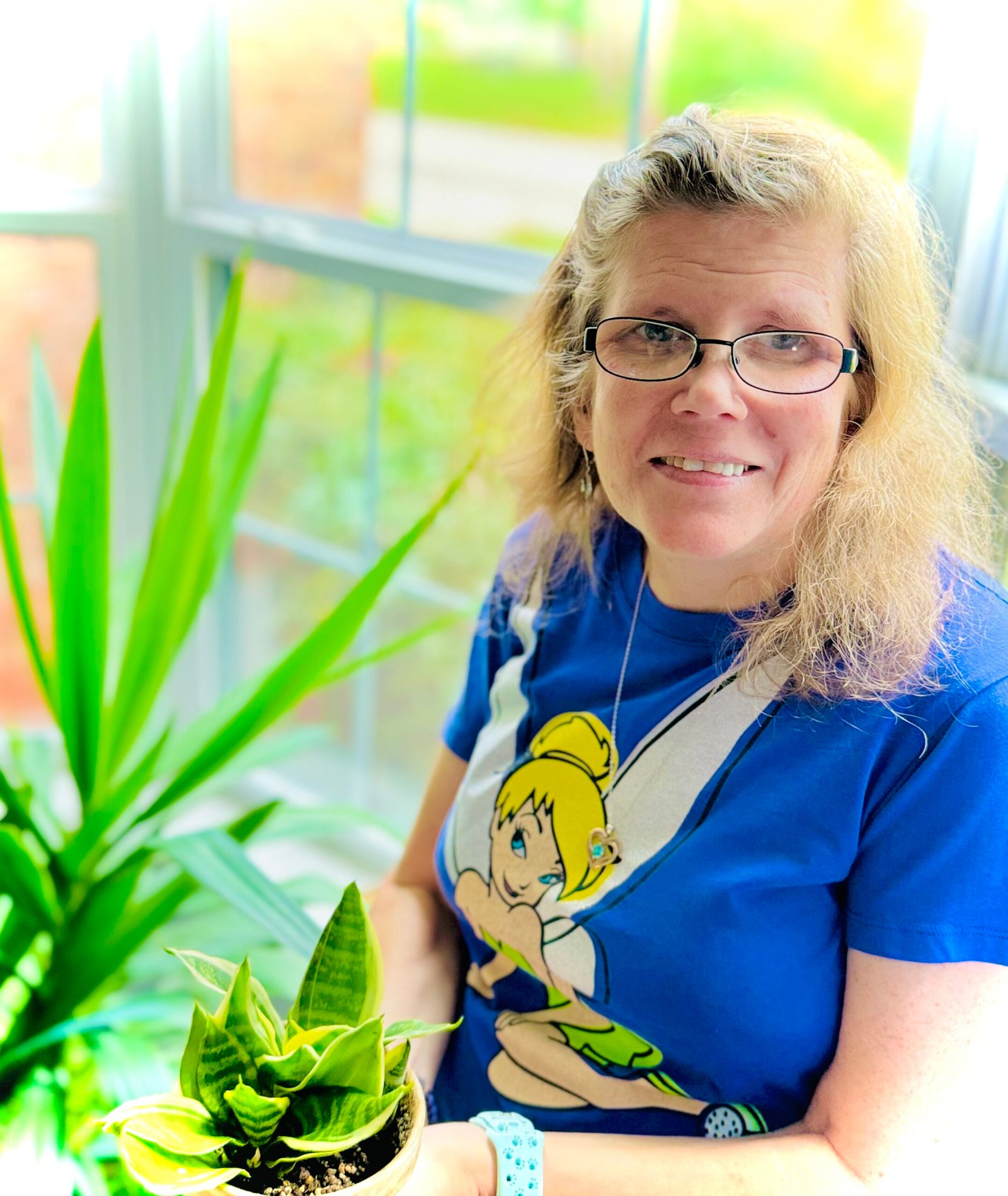Have you ever wondered if there is a simple, natural way to help alleviate feelings of depression? Gardening might be the answer you’re looking for. The process of tending to plants, feeling the soil between your fingers, and watching your garden grow can have remarkable benefits for your mental health. Gardening combines physical activity, a connection with nature, and a sense of achievement—all of which contribute positively to mental well-being.
Understanding the Connection Between Gardening and Depression
The Therapeutic Power of Nature
Studies have shown that being in nature can greatly improve mental health. This is often referred to as “ecotherapy” or “nature therapy.” When you engage with the natural world, whether walking in a park or cultivating your own garden, you can experience reduced stress, anxiety, and depressive symptoms.
Physical Activity Benefits
Physical activity is a known remedy for depression. Regular movement can boost endorphins, the body’s natural mood lifters. Gardening, which involves digging, planting, weeding, and watering, provides a unique form of exercise that isn’t too strenuous but is effective in keeping you active.
Sense of Achievement and Purpose
Depression often brings feelings of uselessness and lack of purpose. Gardening offers you a chance to see the fruits of your labor—quite literally! Watching your plants grow and thrive can give you a tremendous sense of accomplishment and purpose.
Getting Started with Gardening for Depression
Choosing the Right Plants
Selecting the right plants is crucial for your gardening journey. Choose plants that are easy to manage to start with, so as not to overwhelm yourself.
| Plant Type | Difficulty Level | Recommended for Beginners? |
|---|---|---|
| Herbs | Easy | Yes |
| Flowers | Moderate | Yes |
| Vegetables | Moderate | Yes |
| Trees and Shrubs | Difficult | No |
Gathering Essential Tools
Before you begin, you’ll need some basic gardening tools. Here’s a quick list of what’s essential:
- Gloves: Protect your hands from rough surfaces and thorns.
- Spade: For digging and planting.
- Watering can: For keeping your plants hydrated.
- Pruners: To trim overgrown plants.
- Trowel: Handy for digging small holes for seeds or seedlings.
Finding the Right Location
Locate a spot with good sunlight and access to water. Most plants require at least six hours of sunlight daily to thrive. If space is limited, consider container gardening on a balcony or windowsill.

Planning Your Garden
Setting Realistic Goals
Set realistic goals that you can achieve step-by-step. This could range from planting a small flower bed to growing your own vegetables.
Designing Your Garden
Create a simple garden plan. Decide where each plant will go, taking into account factors like sunlight and water needs. Sketching this out on paper can give you a visual roadmap to follow.
Preparing the Soil
Healthy soil is the foundation of a successful garden. Take time to remove weeds and rocks, and add compost or manure to enrich the soil.
Planting Your First Garden
Sowing Seeds and Transplanting
Start by sowing seeds or transplanting seedlings. Follow the planting instructions on the seed packet or plant label carefully.
Watering Techniques
Different plants have different watering needs. Generally, watering in the early morning or late evening helps the soil retain moisture. Overwatering can be as harmful as underwatering, so aim for a balanced approach.
Fertilizing Your Plants
Use natural fertilizers like compost or fish emulsion. These are less likely to harm your plants and the environment compared to synthetic fertilizers.

Maintaining Your Garden
Regular Weeding
Weeding is essential to keep your garden healthy. Weeds can compete with your plants for nutrients and water.
Pruning and Trimming
Regular pruning helps plants grow better and stay healthy. It also prevents diseases and pests.
Monitoring Plant Health
Keep an eye on your plants for any signs of disease or pest infestation. Early detection allows for easier and more effective treatment.
Reaping the Emotional Benefits
Mindfulness and Meditation
Gardening can be a form of mindfulness or meditation. Focus on the tasks at hand—feeling the soil, noticing the colors, and smelling the blossoms. It helps you stay present, reducing anxiety and stress.
Building a Routine
Creating a routine can be incredibly beneficial. Set aside regular times for gardening to add structure to your day. This routine can be grounding, offering stability in your life.
Social Connection
Share your gardening experiences with friends, family, or join a local gardening group. Social connections play a significant role in mental health, and gardening can be an excellent way to form or strengthen these bonds.
Common Challenges and Solutions
Weather Conditions
Weather can affect your gardening efforts. Too much rain or a lack thereof can be problematic. Plan ahead by selecting drought-resistant plants or installing an irrigation system.
Pests and Diseases
Pests and diseases are common challenges in gardening. Natural remedies, such as neem oil or introducing beneficial insects, can help keep them at bay.
Time and Commitment
Gardening requires time and commitment. Start small to avoid becoming overwhelmed. As you become more comfortable, you can expand your garden.
Evaluating Your Progress
Keeping a Gardening Journal
Document your gardening journey in a journal. Note down what you plant, when you plant it, and any observations. This can help you keep track of your progress and learn from any mistakes.
Reflecting on Emotional Improvements
Take time to reflect on how gardening has affected your mental well-being. Has your mood improved? Do you feel more at ease? Write these reflections down as a part of your journal.
Celebrating Small Wins
Celebrate small milestones, like the sprouting of a new seed or the blooming of flowers. These moments of joy can boost your mood and provide motivation to continue.
The Long-Term Benefits of Gardening for Depression
Sustained Emotional Well-Being
Over time, gardening can lead to long-term improvements in emotional well-being. Regular engagement in this hobby can help you maintain a positive outlook and reduce symptoms of depression.
Physical Health Improvements
Consistent gardening can lead to better physical health. You’ll likely notice improved strength, stamina, and even flexibility.
Development of a Lifelong Hobby
Gardening can become a lifelong hobby that offers endless benefits. It’s a skill that you can continually develop, providing a rewarding experience that transcends the seasons and years.
- 📝 MENTAL HEALTH JOURNAL: This guided journal covers a structured 6-month period, offering tools and exercises tailored f…
- 🗓️ DAILY & WEEKLY ENTRIES: Track daily emotions and engage in weekly reflections with this journal. Structured check-ins…
- 💡 MENTAL HEALTH PROMPTS: Journaling is impactful, yet a blank page can sometimes feel overwhelming. With 26 structured p…

Final Thoughts
Gardening is not just about cultivating plants; it’s also about cultivating well-being. The act of gardening can provide a serene, rewarding, and therapeutic experience that can significantly improve your mental health. Whether you’re planting a small herb garden or planning a large vegetable patch, the steps you take toward nurturing your garden are steps toward nurturing yourself. So, get your hands a little dirty and find solace in the simple, yet profound, act of gardening. Your mind and spirit will thank you.

My name is Michelle Warren, and I’m the founder of Peaceful Gardening. As a 10-year breast cancer survivor, I’ve discovered the profound therapeutic power of gardening. This journey has not only helped me recover but has also become my passion and a source of ongoing peace and joy.
Peaceful Gardening was born from my desire to share the healing benefits of gardening with others. Whether you’re facing health challenges, dealing with stress, or simply looking to connect more deeply with nature, this space is for you.
Over the past decade, I’ve cultivated not just plants, but a deep understanding of how gardening can positively impact mental health. I’ve worked with local community gardens, led workshops on mindful gardening practices, and collaborated with mental health professionals to develop gardening-based stress reduction programs.
Peaceful Gardening was born from my desire to share the healing benefits of gardening with others. Whether you’re facing health challenges, dealing with stress, or simply looking to connect more deeply with nature, this space is for you.
Here, you’ll find evidence-based advice on using gardening as a tool for mindfulness, stress relief, and emotional healing. I share personal stories, practical tips, and scientifically-backed information on how to create your own therapeutic garden space, no matter the size of your yard or balcony.
My mission is to help you discover the joy, peace, and healing that comes from nurturing plants and connecting with nature. Join me in exploring how the simple act of tending to a garden can transform your mental and emotional wellbeing.
Welcome to Peaceful Gardening – let’s grow together towards better mental health!”


